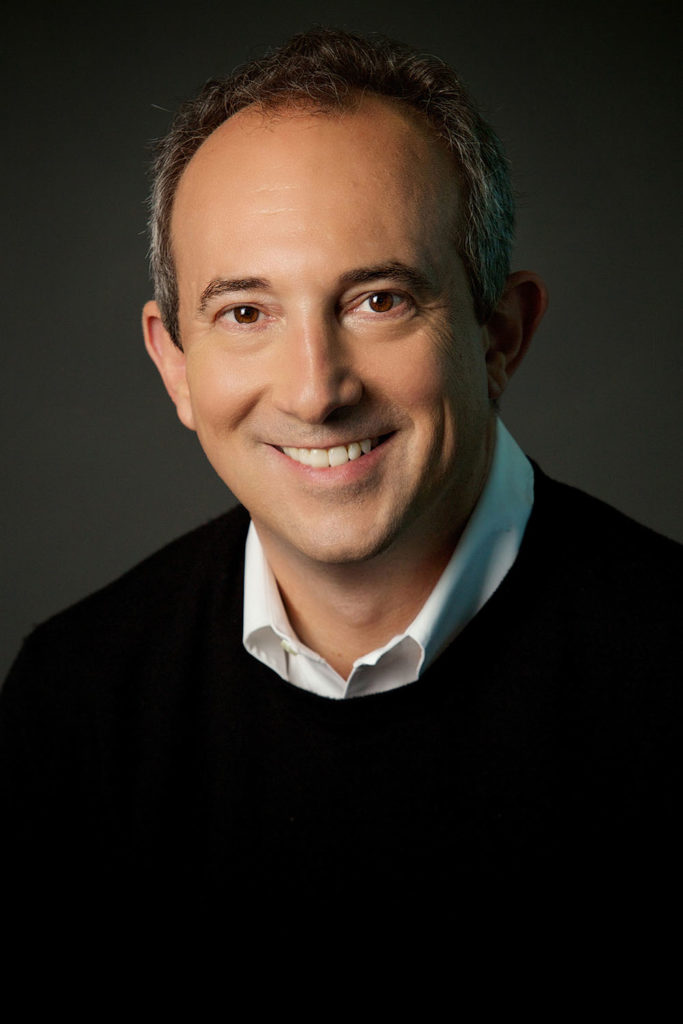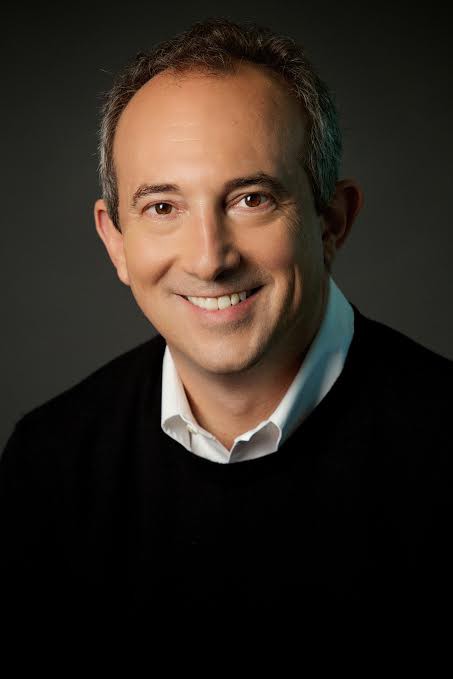Corporations are perhaps the most influential organizations in today’s society and have long been recognized as important contributors to the common good. As such, we, as a society, grant them special and unique privileges in order to harness their capacities to serve our needs. It’s how we get cars, computers, gas, refrigerators, cable, telephones, and even food and water among many other basic necessities. Contrary to the public’s perception of how corporations operate and what their chief goals are, maximizing shareholder value is not a clear, inspiring, or integral enough objective to be a top priority. Shareholders’ interests and time horizons are diverse, not homogeneous. So, a focus exclusively on short-term or quarterly metrics doesn’t make sense for companies if they want to continue to grow over time. (In fact, in the United States a corporation is not the property of its shareholders. A corporation is a distinct entity that owns property; it is not property itself.)
So, the next question should be obvious: What are the most important objectives? Besides catering to the consumers of their wares and services, corporations sorely underestimate a goal that is sure to become a cornerstone of success in the 21st century: ensuring the health and well-being of employees and their families, as well as the outward health message to their customers.
It’s no secret that health and health-related spending are an increasing expense for all companies. The state of the American workforce’s health is an expensive burden to bear — expensive for the health care system as a whole, and for businesses that now have health care reform obligations to meet. It’s also no mystery that healthier workforces make for better corporate financial health and higher performing employees all around. Business outcomes include lower absenteeism, higher job satisfaction and work productivity, higher employee retention, and lower health care costs. A person with diagnosed diabetes, for example, spends approximately $13,700 annually on medical expenses, and yet fully 86 percent of employees today are above their normal weight or they have a chronic condition. They miss an estimated 450 million extra days of work per year compared to healthy workers, which costs American businesses $150 billion to $225 billion in lost productivity.
Andy Grove, the former CEO of Intel and a pivotal early mentor of mine, once referred to an inflection point in the development of technology — a critical moment when the curve of progress versus time changes, the things that used to work don’t work anymore, and new, necessary technologies become available. Individuals (or companies) that adapt to the shift and use those emerging technologies are wildly successful, and those that don’t adapt fail. This concept is often used in business circles, but it applies to matters of health as well. The slope of the curve of progress versus time in wellness is changing rapidly, and we all must adjust our thinking and behavior to take advantage of what today’s technologies in the health realm offer to fight against disease and premature death, and increase our productivity. The costs of not doing so are too high. And this is true whether we’re talking about individual health or that of an entire enterprise.
While the idea that health, happiness, and productivity at work are related concepts, and that companies have an opportunity to foster all three, corporate wellness programs aren’t doing enough — they are either not fully adopted or they are backfiring with Big Brother-style surveillance and browbeating people into Fitbit competitions. I believe there’s another way.
This is the reason I joined the board of directors of Thrive Global. The mission and vision of Thrive Global is powerful: to make a difference in these corporations and in the lives of all who contribute to them. I am proud to play a small part with Arianna Huffington and her remarkable team to educate and provide leadership in the health space.
David B. Agus is a professor of Medicine and Engineering at the University of Southern California and a member of the Board of Directors of Thrive Global.
Disclosure: Dr. Agus is a member of the Board of Directors of Thrive Global and owns shares in the company.
Originally published at medium.com


